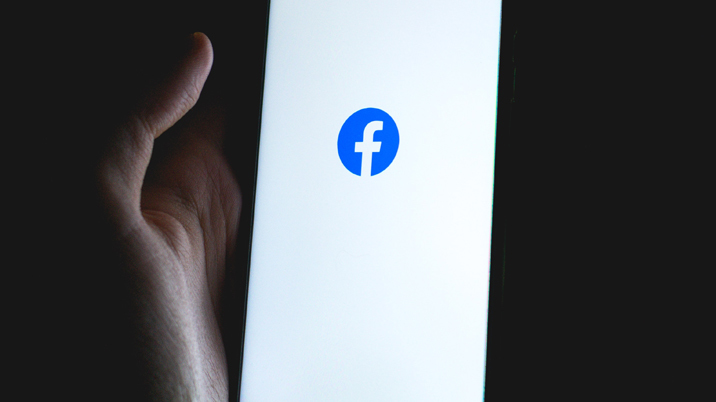
It is being sued over claims its algorithms amplified hate speech, and that it failed to take down inflammatory posts.
The move is being co-ordinated by lawyers on both sides of the Atlantic, with two US law firms representing US-domiciled Rohingya survivors (or relatives of those who died) at the hands of the Myanmar regime, whilst UK lawyers are representing survivors and victims’ relatives outside the USA.
A letter sent by lawyers to Facebook’s UK office on Monday said that the Rohingya Muslims whom they are representing had been subjected to acts of “serious violence, murder and/or other grave human rights abuses” as part of a genocide campaign conducted by the civil authorities in Myanmar.
“As has been widely recognised and reported, this campaign was fomented by extensive material published on and amplified by the Facebook platform,” said the letter sent by law firm McCue Jury & Partners.
Facebook admitted back in 2018 that it had not done enough to stop its platform from being used to incite violence against the Rohingya. Furthermore, an independent report commissioned by the social media giant stated that “Facebook has become a means for those seeking to spread hate and cause harm, and posts have been linked to offline violence.”
The letter from McCue Jury & Partners says, “Despite Facebook’s recognition of its culpability and its pronouncements about its role in the world, there has not been a single penny of compensation, nor any other form of reparations or support, offered to any survivor.”
Jason McCue, a senior partner at the firm, said: “The world has stood by for over a decade and allowed a genocide against the Rohingya take place. There have been many words of sympathy and acts of compassion towards the Rohingya, but justice, accountability and sanction has been sadly lacking.”
He argued that Facebook “had a duty of care to its users and the public at large,” but nevertheless “allowed toxic hatred and ethnic cleansing to be deployed at will by the Myanmar regime and its supporters within its extremist hate speech chat forums.” He said that “Facebook stood by and watched as its algorithms exacerbated the situation and then failed, after countless warnings, to promptly, properly or compassionately put a stop to it until far too late in the day.”
The US lawsuit was filed in California on Monday by US legal firms Edelson PC and Fields PLLC, who argued that Facebook’s arrival in Myanmar helped facilitate the the spread of hate and incitement to violence that “amounted to a substantial cause, and eventual perpetuation of, the Rohingya genocide.”
The complaint cites Facebook posts that appeared in a Reuters report, with one from 2013 stating: “We must fight them the way Hitler did the Jews, damn Kalars [a derogatory term of Rohingya people].” Another post from 2018 shows a photograph of a boatload of Rohingya refugees with the caption: “Pour fuel and set fire so that they can meet Allah faster.” These posts were tolerated despite Facebook’s rules prohibiting “violent or dehumanising speech.”
The complaint filed with the court argues that because Facebook’s algorithms drive the susceptible to extremist groups and positions, it makes such users and the platform very “open to exploitation by autocratic politicians and regimes.”
US law prevents Facebook from liability over content posted and shared by its users, but the lawsuit is appealing to Myanmar law where no such protection exists.
Anupam Chander, a professor at Georgetown University Law Center, told Reuters that invoking Myanmar law wasn’t “inappropriate,” but added that “it’s unlikely to be successful” because “it would be odd for Congress to have foreclosed actions under U.S. law but permitted them to proceed under foreign law.”
President of the Burmese Rohingya Organisation UK, Tun Khin, commented: “We are seeking justice for the Rohingya people. This powerful global company must be held to account for its role in permitting the spread of hateful anti-Rohingya propaganda which directly led to unspeakable violence.”
He added, “Facebook turned away while a genocide was being perpetrated - putting profit before the human rights of the Rohingya people.”
Keep up-to-date with publishing news: sign up here for InPubWeekly, our free weekly e-newsletter.










